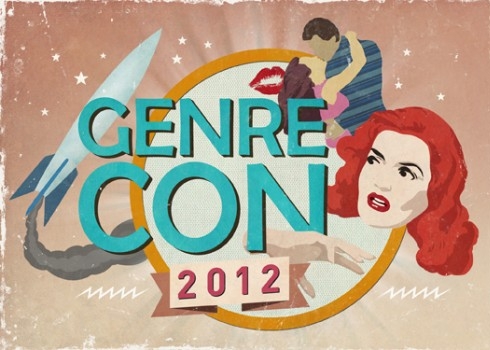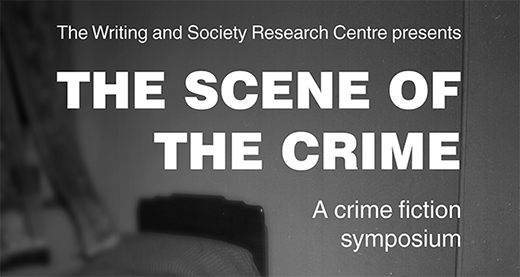Well it's BIG, being that it's tipping the scales at over 120,000 words at the moment and it is the next thing.
This post is part of a meme of writers tagging other writers to talk about their next project. At the bottom of the post there are links to other writers' pages where you can discover what their next big things are going to be - a sort of virtuous circle.
1) What is the working
title of your next book?
Book 2.
Not because I
don’t secretly have a title for it (I have a list and one in particular that I love). However I know that the one I love probably won’t be the title that
goes on the cover. My titles are always a little too idiosyncratic, or tangential
to make it through title production meetings (Exhibit 1: the name of this blog is the name of my first book, only it wasn't - see what I mean?). So this time, I think I’ll just offer a list of possibles, wait and see what comes out at the other end.
2) Where did the idea come from for the book?
I want to write a
series of crime novels that chart what happened to us here in Australia during the 1990s. A lot
changed during this time. Police wise,
there was the Wood Royal Commission in New South Wales that started half way through the 90s and blew up the force. It was still detonating landmines into the early 2000s.
In federal politics there was a change of government
and as Paul Keating said at the time, when you change the government, you change the country. The change of government precipitated the rise of One Nation and a sanctioning of language and attitudes towards race that I think led all the way to the Cronulla riots.
So Book 2 was always going
to be a book that continued on from where The Old School left off. And as my main character, Nhu “Ned” Kelly finishes that
first book in pretty rough shape, I wanted this one to address a realistically slow
healing process for her. And frankly, it's been a tough place to dwell.
A surprising number of
people wanted to know if I was going to “send her to Vietnam” to get in touch
with her “roots.” I never had any plans to do that. Instead, I’ve sent her to
Cabramatta in the first months of 1993, to get in touch with the newly
established Australian-Vietnamese community here.
3) What genre does your book fall under?
It’s crime. Police
procedural with a social history twist.
4) What actors would you choose to play the part of your characters in a movie
rendition?
Ha! In The Old School the main character of Ned
Kelly is an Australian-Vietnamese woman in her early twenties. It says a bit
about casting on mainstream TV that no name springs readily to mind to play her, doesn't it?
So, I
like to think that she’s a blank slate waiting to be filled by an actress that no
one knows yet but who everyone will know after they’ve seen her playing
Detective Ned Kelly. The same goes for Marcus Jarrett. A role for a 30
something Aboriginal actor who isn’t Aaron Pedersen or Wayne Blair (not because
they aren’t any good, they are, but because I want to see the next generation of Aarons
and Waynes given a big breakthrough role).
5) What is the one-sentence synopsis of your book?
Sometimes asking who did it,
isn’t the right question.
6) Will your book be self-published or represented by an agency?
My agent is the ever-patient and ever-optimistic Sophie Hamley of Camerons Management and she secured a two book contract with Penguin. They are tough loving the drafts through
to publication as we speak.
7) How long did it take you to write the first draft of the manuscript?
About a year. More if I
count the thinking about it. Then another year on the second draft, which also
included lots of thinking time. Quicker turnaround on the third draft. Waiting
for that to come back now.
8) What
other books would you compare this story to within your genre?
Oh, the chance to be
delusional!
I’ve recently read
Attica Locke’s The Cutting Season. It’s so very, very good - it it is what I
*aspire* my book to be. A slow paced character driven crime story that unwraps
crimes greater than those under investigation. Crooked Letter, Crooked Letter, by Tom Franklin, set in Mississippi in the 1980s is another character driven social history expose that I admire enormously. In writing crime that also acts as an investigation into social history I'm inspired by the work of Mala Nunn, who dissects the establishment of apartheid in 1950s South Africa and David Whish-Wilson, who is accounting for the dirty secrets of Perth and Western Australia in the 1970s.
Read them.
Also, this time I have tried to do
something technically similar to The Laughing Policeman, by Sjöwall and Wahlöö in that
I want to have one last big reveal as close to the final lines of the book as
possible.
I invite you to check out these writers for their next big things:
(Watch this space - more to follow)



















